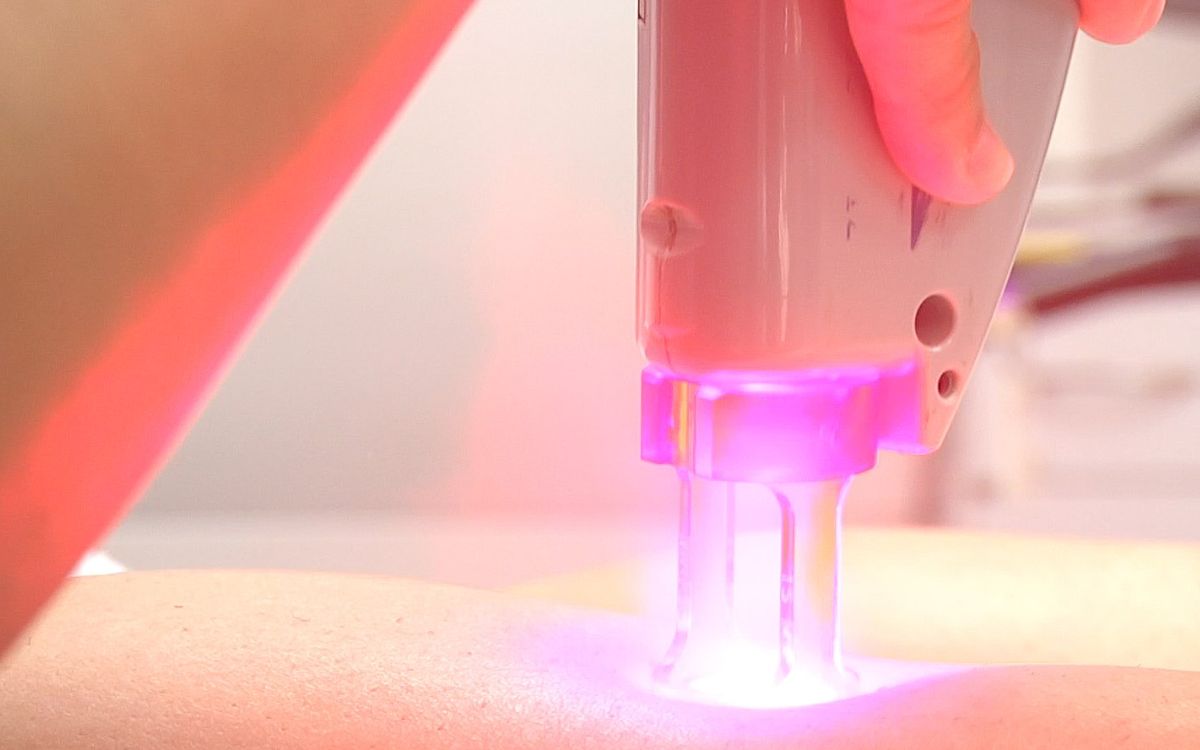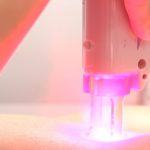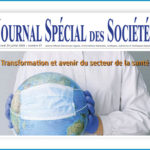By Catherine Paley-Vincent, Partner lawyer et Nathalie Boudet-Gizardin, Counsel Counsel
For the past ten years, contradictory regulations relating to the practice of laser hair removal procedures have been debated in France and have given rise to divergent case law on the part of the Council of State and the Court of Cassation, source of a certain legal insecurity, for the patients, the practitioners but also for the laser hair removal centers which do not stop multiplying.
While the decree of January 6, 1962 reserved for doctors only "Any hair removal mode", except depilations with tweezers or wax (article 2-5 °), the decree of January 30, 1974 regulating lasers for medical use seems, apparently, to relax this regulation, in its article 2, by providing that "Lasers for medical use are devices that must be used by a doctor or under his responsibility ”.
These two decrees were, until very recently, the subject of a clear divergence of interpretation by the administrative and judicial courts.
While the National Disciplinary Chamber of the Order of Physicians and the Council of State adopted a very strict position, refusing to recognize the possibility for a non-doctor to perform laser hair removal acts, even under the responsibility of a doctor on the basis of article 2 of the decree of January 30, 1974, the Court of Cassation accepted the legality of such a procedure, under certain restrictive conditions, thus combining the provisions provided for by the decrees of 1962 and 1974 cited above.
As a result, practitioners could be sanctioned by the National Disciplinary Chamber of the Order of Physicians, on the basis of complicity in the illegal practice of medicine, by having recourse, in their office, to assistants to practice acts of laser hair removal, while other practitioners were not before the courts, for identical facts.
Seized of this difficulty in February 2012 by the Directorate General of Health, the National Agency for Food, Environmental and Occupational Health Safety (ANSES) issued an opinion on the "Health risks associated with the use of devices using physical agents intended for the practice of acts with aesthetic purposes", in December 2016.
In this opinion, ANSES recommends regulating acts of hair removal or lipolysis performed by "Collaborating staff in medical practice", by authorizing the latter to practice them, under the following conditions:
1. Before any cosmetic procedure, the subject should have been examined by the competent physician, in order to ensure the absence of any contraindication and to define the type, number of sessions and the physical parameters of the treatment to be applied to him. It is also recommended that the subject be reviewed by the doctor at the end of each session, and of course in the event of a side effect;
2. A responsible doctor must be present on the premises throughout the period in which these acts are performed.
Following this opinion, the government was preparing to publish, on July 1, 2019, two draft decrees and decrees modifying the decree of January 6, 1962 and authorizing "Any nurse, any paramedical professional working under the responsibility of a doctor or any esthetician" to practice hair removal by intense pulsed light.
Under pressure from the various dermatologist unions, whose monopoly on the practice of hair removal using intense pulsed light was called into question, the publication of these texts was delayed.
However, in a judgment of 8 November 2019, returned by the 1st and 4th chambers together (n ° 424954) and mentioned in the tables of the collection, the state Council judged that "The provisions of 5 ° of article 2 of the decree of January 6, 1962 disregard, in so far as they reserve these methods of hair removal to doctors of medicine, the freedom of establishment and the freedom to provide services guaranteed by Articles 49 and 56 of the Treaty on the Functioning of the European Union ", on the grounds that:
"It does not appear from the elements in the file that only a doctor can handle, without risk to health, laser devices or pulsed light devices and that more appropriate measures, such as taking the prior examination of people concerned by a doctor and the performance of acts by qualified professionals under the responsibility and supervision of a doctor, cannot guarantee the achievement of the objective of protecting public health pursued by the measure criticized. Moreover, Article L. 1151-2 of the Public Health Code makes it possible to submit the practice of acts, procedures, techniques and methods for aesthetic purposes other than surgery, if it presents serious risks to human health, to rules, to be defined by decree, relating to the training and qualification of professionals able to implement them, to the declaration of the activities carried out and to the technical conditions of realization, as well as to the rules of good safety practices to be defined by order of the Minister responsible for health. "
By declaring the illegality, with regard to European law, of the decree of January 6, 1962 reserving the practice of laser or pulsed light hair removal to doctors only, the Council of State undoubtedly invites legislation.
The door is ajar ...
Case to follow.
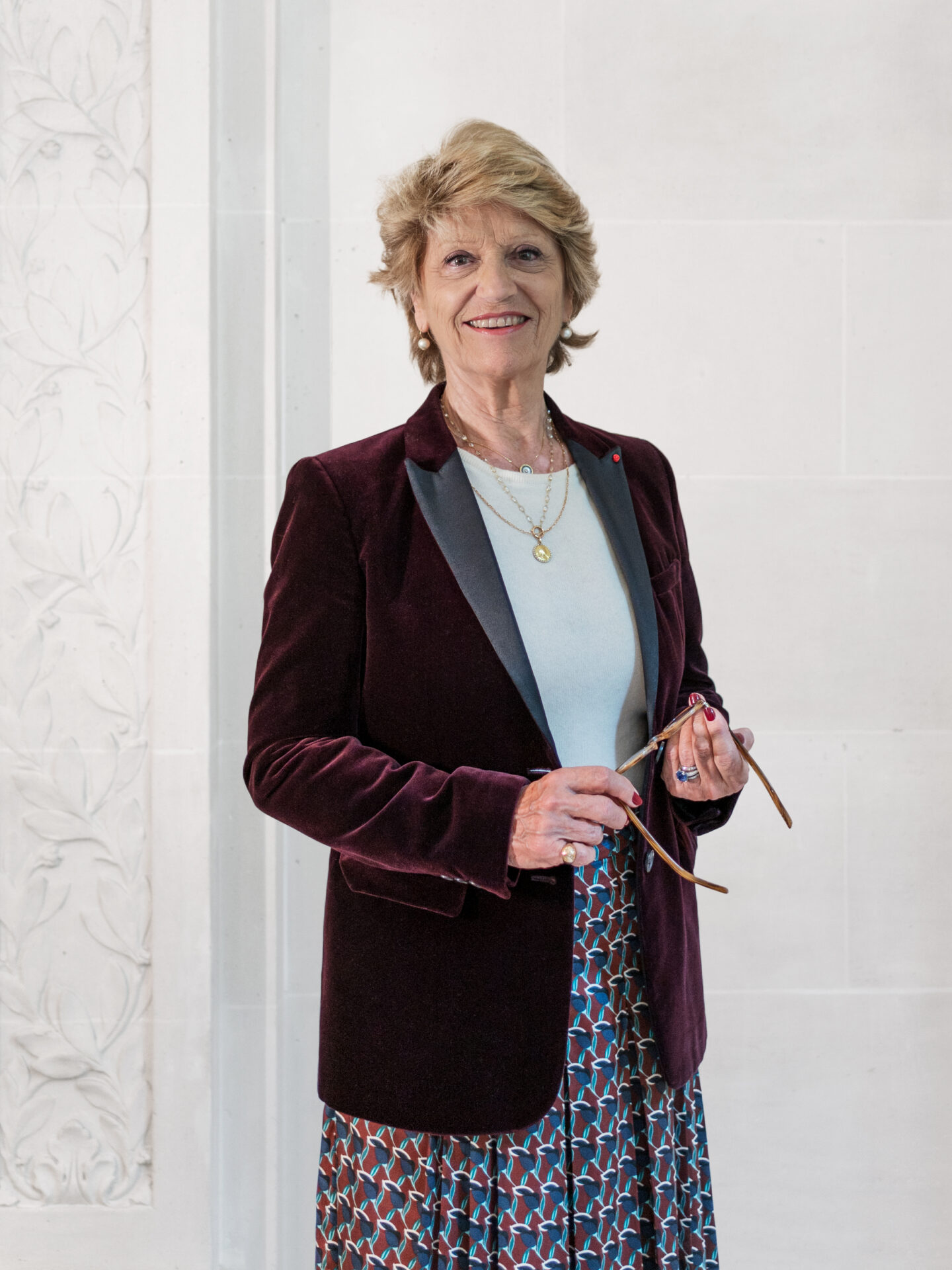
Catherine Paley-Vincent
Partner
Recognized expert in health law, she intervenes in particular for the constitution and monitoring of structures between hospital and / or liberal health professionals, for the management of possible conflicts and their transactional, judicial or disciplinary consequences. The field of medical imaging is particularly familiar to him.
She advises pharmaceutical companies on medical devices, labeling and clinical trials.
She is regularly consulted on the application of ethics, in particular with regard to the regulation of professional orders of networks, advertising and the Internet used in the medical and veterinary world.
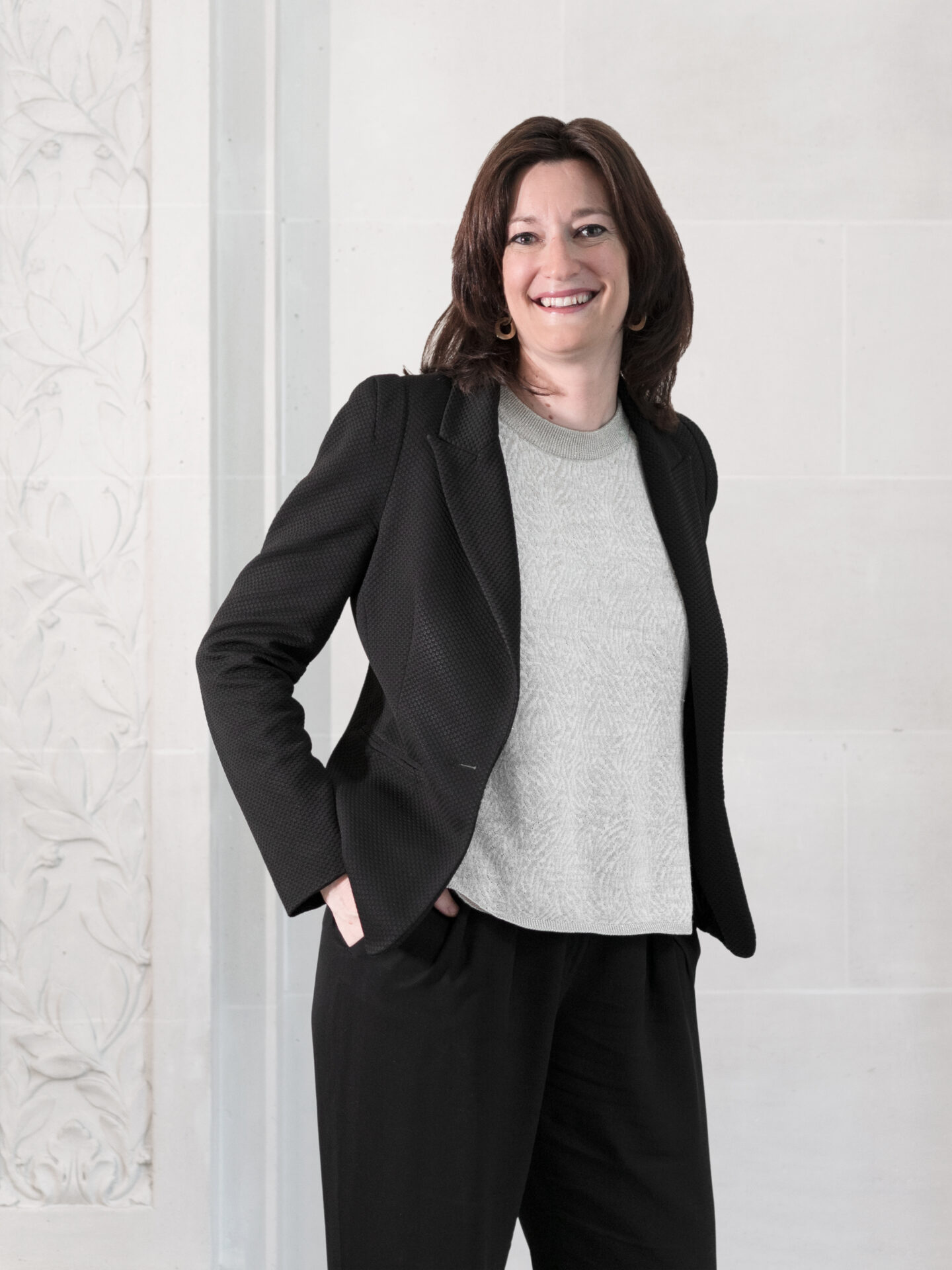
Nathalie Boudet-Gizardin
Counsel
She joined the firm the same year in the Civil and Health team of Catherine Paley-Vincent. She advises health professionals particularly in terms of:
Civil, disciplinary and criminal defense of health professionals, professional orders and medical and veterinary biology laboratories
Advice and assistance to health professionals to structure their activities, including within the framework of public / private cooperation, particularly in medical imaging
Support for healthcare professionals and innovative companies in the development of their e-health projects.
